We’ve all heard stories of struggle and triumph, but overcoming addiction is a challenge like no other. Imagine standing at the bottom of a steep mountain, looking up at the climb ahead. The journey to recovery may feel daunting, but every small step leads to progress. Together, let’s explore how we can overcome addiction and rediscover a healthier, happier life.
Why Is Overcoming Addiction So Hard?
Overcoming Addiction isn’t only hard but a bad habit—it’s a complex condition that affects our brains, emotions, and behavior. Substances or addictive behaviors create a cycle that rewires our brain’s reward system, making it harder to resist.
Addiction thrives on three key challenges:
- Cravings: These intense urges make us feel like we need the substance or behavior to function.
- Triggers: People, places, or emotions that remind us of past use.
- Impaired Judgment: Addiction often clouds our decision-making, leading to repeated behaviors despite negative consequences.
But here’s the truth: no matter how difficult it feels, recovery is possible.
How to Start the Recovery Process of overcoming addiction
1. Recognize the Problem
The first step is acknowledging that addiction is affecting your life. Denial can keep us stuck, but self-awareness opens the door to change.
2. Decide to Change
Making a commitment to change is empowering. Start small:
- Set realistic goals.
- Avoid the “cold turkey” approach unless under professional guidance, as sudden changes can lead to relapse or health risks.
3. Seek Professional Support
Consulting with a doctor, psychologist, or addiction counselor can provide valuable insights and personalized strategies for recovery.
Practical Steps for Overcoming Addiction
1. Prepare for Change
- Remove addictive substances or triggers from your environment.
- Adjust routines to avoid high-risk situations.
- Research treatments and tools like therapy, medications, or support groups.
2. Build a Support Network
Having people who understand and encourage you can make a difference.
- Family and Friends: Share your journey and ask for their support.
- Support Groups: Join communities like Alcoholics Anonymous (AA) or similar programs tailored to your needs.
- Therapy: Family or individual therapy can help strengthen relationships and address underlying issues.
3. Learn Coping Skills
Addiction often replaces healthy coping mechanisms. Develop strategies like:
- Practicing mindfulness or meditation.
- Using deep breathing during moments of stress.
- Engaging in hobbies like art, music, or sports.
Treatment Options for overcoming addiction
1. Therapy
Therapy helps uncover the root causes of addiction while teaching new coping skills. Options include:
- Cognitive Behavioral Therapy (CBT): Focuses on identifying and changing negative thought patterns.
- Mindfulness-Based Therapy: Encourages present-moment awareness to reduce cravings.
- Motivational Enhancement Therapy (MET): Boosts motivation for long-term change.
2. Medication
Medications can ease withdrawal symptoms, reduce cravings, and prevent relapse. Commonly used medications include:
- Nicotine Replacement Therapy for smoking cessation.
- Naltrexone or methadone for opioid addiction.
3. Inpatient and Outpatient Programs
For severe cases, structured programs offer intensive care:
- Inpatient Programs: Provide 24/7 care in a supportive environment.
- Outpatient Programs: Allow flexibility while attending therapy and counseling sessions.
Managing Withdrawal and Preventing Relapse – addiction recovery
Understanding Withdrawal
Withdrawal symptoms vary based on the substance or behavior. Symptoms like headaches, irritability, or nausea typically peak within a week and gradually improve.
Preventing Relapse
- Anticipate Triggers: Identify situations or emotions that lead to cravings.
- Stay Accountable: Check in with support groups or counselors regularly.
- Focus on Progress: Relapse is a learning experience, not a failure.
Healthy Alternatives to Addictive Behaviors – overcoming addiction
Replacing addiction with positive habits can rebuild your sense of purpose:
- Exercise: Activities like running or yoga can improve mood.
- Creative Outlets: Painting, writing, or playing an instrument offers emotional release.
- Community Involvement: Volunteer work fosters connection and fulfillment.
Overcoming Addiction: A Guide for Recovery
Addiction is a deeply personal struggle that affects millions of lives across the globe, including India. Whether it’s substance abuse, alcohol dependency, or behavioral addictions like gambling or excessive screen time, the impact of addiction extends beyond the individual to their family, friends, and community.
As per a 2019 survey conducted by the Ministry of Social Justice and Empowerment in India, around 22.6% of the adult population used alcohol, and nearly 2.8% of Indians were dependent on illicit drugs like cannabis and opioids.
Let’s delve into the journey of overcoming addiction and explore ways to find hope and healing.
Understanding Addiction in the Indian Context
Addiction isn’t just a lack of willpower—it’s a condition influenced by biological, psychological, and social factors. In India, cultural stigmas often make it harder for individuals to seek help. Fear of judgment, ostracization, or legal consequences can push people deeper into secrecy and despair.
Addiction’s Widespread Impact
The economic burden of substance abuse in India is staggering. According to a 2021 study, India loses nearly $1.4 billion annually due to alcohol and drug-related productivity declines and healthcare costs. Additionally, addiction disproportionately affects vulnerable groups like low-income families and youth, creating cycles of poverty and instability.
The Role of Family and Society
In Indian households, family dynamics often play a dual role in both perpetuating and resolving addiction. While emotional and financial dependencies may exacerbate the issue, supportive families have also been instrumental in helping individuals recover through intervention and care.
The Science Behind Addiction
Addiction is a chronic condition that alters the brain’s chemistry. Substances like alcohol or behaviors like excessive gaming release high levels of dopamine, the “feel-good” hormone, creating a temporary sense of euphoria. Over time, the brain becomes reliant on these surges, leading to cravings and withdrawal symptoms when the substance or behavior is absent.
Biological Factors
Some individuals may be genetically predisposed to addiction. Studies suggest that 40–60% of addiction risk is hereditary, meaning individuals with a family history of addiction are more vulnerable.
Psychological Triggers
Unresolved trauma, stress, anxiety, and depression are common psychological triggers for addiction. In India, where mental health is still taboo in many circles, these underlying issues often go unaddressed.
Social and Environmental Influences
Peer pressure, societal norms, and exposure to substance use in early life significantly contribute to addiction. Urban areas, for example, report higher alcohol and tobacco consumption due to greater availability and social acceptance.
Breaking the Cycle: Steps Toward Recovery
Overcoming addiction is not a one-size-fits-all process. It requires a combination of self-awareness, professional support, and community resources.
1. Acknowledging the Problem
The first step is recognizing that addiction is causing harm. This requires honesty with oneself and a willingness to change.
- Self-assessment: Reflect on how addiction impacts your physical health, relationships, and finances.
- Seeking feedback: Family and close friends can offer insights into how addiction is affecting your life.
2. Setting Realistic Goals
Recovery is a marathon, not a sprint. Instead of aiming for immediate abstinence, set smaller, achievable goals.
- Example: Reduce alcohol consumption gradually before quitting entirely.
- Track progress: Use journals or apps to monitor milestones and setbacks.
Role of Professional Help in Recovery
1. Therapy and Counseling
India has witnessed a rise in the availability of professional counseling services, both offline and online.
- Psychotherapy: Cognitive Behavioral Therapy (CBT) is particularly effective in identifying and changing negative thought patterns that drive addiction.
- Family Counseling: Given the centrality of family in Indian culture, therapy often involves loved ones to rebuild trust and support.
2. Medical Interventions
Medications play a crucial role in managing withdrawal symptoms and reducing cravings.
- For Alcohol Addiction: Naltrexone and Acamprosate are commonly prescribed.
- For Opioid Addiction: Methadone and Buprenorphine are used to reduce dependency gradually.
3. Rehabilitation Centers
India has over 500 government-recognized de-addiction centers, offering services like detoxification, therapy, and skill-building activities.
- Community-based programs: NGOs like the Tata Institute of Social Sciences and Alcoholics Anonymous provide support tailored to regional needs.
Coping Mechanisms During Recovery
Recovery often brings challenges like cravings and emotional distress. Developing healthy coping mechanisms is essential for long-term success.
1. Mindfulness Practices
Yoga and meditation, rooted in Indian tradition, are powerful tools for managing stress and improving focus.
- Pranayama (breathing exercises): Helps regulate emotions during intense cravings.
- Mindfulness meditation: Encourages present-moment awareness to counter negative thoughts.
2. Healthy Distractions
Keeping the mind occupied can prevent relapse.
- Hobbies: Rediscover interests like painting, cooking, or gardening.
- Physical Activities: Regular exercise releases endorphins, improving mood and reducing anxiety.
3. Building a Routine
Structure brings stability to recovery. Plan daily activities to create a sense of purpose.
- Example: Morning yoga, work or study, evening walks, and family time.
Addressing Relapse with Resilience
Relapse is not a failure; it’s part of the process for many. Nearly 50-60% of people relapse within the first year of recovery, but each setback provides an opportunity to learn.
Identifying Triggers
Common triggers include stress, loneliness, and exposure to substances or behaviors.
- Example: Avoid social gatherings where alcohol is served initially.
Developing a Relapse Prevention Plan
- Emergency contacts: Keep a list of trusted individuals to call during moments of weakness.
- Coping strategies: Replace urges with healthy distractions like exercise or journaling.
Government Initiatives to Combat Addiction in India
India has introduced various policies and programs to address addiction at both individual and societal levels.
1. National Action Plan for Drug Demand Reduction (NAPDDR)
Launched in 2018, this program focuses on:
- Prevention through awareness campaigns in schools and colleges.
- Treatment and rehabilitation services across urban and rural areas.
2. De-Addiction Helplines
The Ministry of Social Justice and Empowerment operates toll-free helplines for immediate assistance.
3. Legal Framework
- Prohibition laws: States like Gujarat and Bihar enforce alcohol bans to reduce consumption.
- Regulation of opioids: Strict laws under the Narcotic Drugs and Psychotropic Substances Act ensure controlled use.
A Deeper Dive into Overcoming Addiction
Addiction is a condition that transcends borders, cultures, and demographics, but its manifestation and solutions often vary based on societal and individual contexts. In India, addiction continues to pose a significant challenge, but there’s also a growing momentum to combat it through education, community support, and policy changes. Let’s further explore the nuances of addiction recovery, providing fresh insights and actionable knowledge for those impacted.
The Silent Spread of Behavioral Addictions
While substance addiction often dominates conversations, behavioral addictions—such as compulsive gambling, internet gaming, or excessive screen time—are silently rising in India.
A 2022 survey highlighted that 25% of Indian adolescents spend over six hours daily on screens, and 4% show symptoms of internet gaming addiction. Behavioral addictions can be equally damaging, as they disrupt mental well-being, social relationships, and academic or professional performance.
Unique Triggers in the Indian Context
- Technology penetration: With affordable smartphones and data plans like Jio, internet access has reached even the most remote areas, increasing exposure to addictive behaviors.
- Cultural norms: Gambling often gains legitimacy during festivals like Diwali, creating an environment where such behaviors can escalate unchecked.
- Educational pressures: Overwhelming academic expectations can drive students to escape into gaming or social media.
Recognizing Early Warning Signs
Timely identification of addiction—whether substance-related or behavioral—can significantly enhance recovery prospects. However, awareness of these signs remains low in India due to stigma and lack of education.
Key Behavioral Indicators
- Neglecting responsibilities: Frequent absences at work, school, or family events.
- Emotional instability: Unexplained mood swings, irritability, or withdrawal from loved ones.
- Financial troubles: Borrowing money frequently or unexplained spending patterns.
Physical Symptoms (Substance Addiction)
- Sudden weight loss or gain.
- Bloodshot eyes or dilated pupils.
- Persistent cough or changes in speech patterns (common in tobacco users).
Addiction in Rural vs. Urban India
The manifestation of addiction differs significantly between rural and urban India, shaped by varying socio-economic conditions and cultural norms.
Addiction in Urban India
- Alcohol and recreational drugs: Cities like Mumbai, Delhi, and Bengaluru report higher cases of recreational drug use, fueled by easy availability and the pressures of urban living.
- Work stress: Professionals in cities often resort to stimulants like nicotine or energy drinks to cope with intense work demands.
Addiction in Rural India
- Local intoxicants: Toddy, bhang, and other locally brewed intoxicants are common in villages, driven by affordability and cultural acceptance.
- Lack of access to healthcare: Many rural addicts fail to receive adequate treatment due to the absence of nearby de-addiction centers or awareness campaigns.
Addiction Among Women in India
Addiction among Indian women often remains underreported due to societal stigma. However, recent studies show a troubling rise in substance and behavioral addictions among women.
Unique Challenges
- Cultural restrictions: Many women hesitate to seek help due to fear of judgment or family backlash.
- Dual burdens: Women often juggle household responsibilities with work, leading to stress and substance use as coping mechanisms.
Youth and Addiction
India is home to the world’s largest youth population, but this demographic is increasingly vulnerable to addiction.
Alarming Trends
- Alcohol use: A study revealed that 32.8% of urban Indian youth tried alcohol before the age of 21.
- Cannabis: Usage has surged among college students, with cities like Delhi emerging as global cannabis consumption hotspots.
The Role of Education
- School awareness programs: Initiatives like the National Drug Awareness Campaign focus on preventive education.
- Peer-led interventions: Involving young people as mentors has proven effective in creating relatable and impactful campaigns.
The Economic Cost of Addiction
Beyond personal and social tolls, addiction significantly impacts the economy.
- Productivity loss: A report by the World Economic Forum estimates that India loses 4.5% of its GDP annually due to alcohol and drug-related absenteeism.
- Healthcare burden: Treating alcohol-related diseases accounts for nearly 15% of public health expenditure.
Investing in prevention and early intervention can significantly reduce these costs, creating a healthier and more productive society.
Addressing Addiction Through Policy
While India has made strides in tackling addiction, there’s a pressing need for more comprehensive and inclusive policies.
Current Policies
- COTPA (Cigarettes and Other Tobacco Products Act): Restricts tobacco advertising and smoking in public places.
- NDPS Act (Narcotic Drugs and Psychotropic Substances Act): Aims to control the manufacturing, possession, and consumption of narcotics.
Areas for Improvement
- Stronger enforcement: Policies like alcohol prohibition in Gujarat and Bihar are often circumvented through black markets.
- Decriminalization of users: Shifting focus from punishment to rehabilitation, especially for first-time offenders, can encourage more people to seek help.
Community-Led Interventions
In many parts of India, community-driven initiatives have successfully curbed addiction rates.
Case Study: Punjab’s Fight Against Drug Abuse
Once termed the “drug capital of India,” Punjab has seen a gradual decline in drug abuse through grassroots campaigns.
- Village-level committees: Local leaders work with families to identify and assist addicts.
- Youth clubs: Sports and extracurricular activities divert young minds from substance use.
Embracing Long-Term Recovery
Addiction recovery doesn’t end with quitting a substance or behavior—it’s a lifelong commitment.
Building Resilience
- Developing emotional intelligence: Understanding and managing emotions reduces vulnerability to relapse.
- Strengthening social ties: A supportive circle of friends and family plays a critical role in sustaining recovery.
Reintegration into Society
Many recovering addicts face stigma when re-entering the workforce or community.
- Corporate initiatives: Companies like TCS and Infosys offer employment opportunities to recovering addicts as part of CSR efforts.
- Community service: Volunteering helps individuals regain confidence and purpose.
The Way Forward
Overcoming addiction in India requires a multi-pronged approach that balances modern scientific interventions with cultural and community strengths.
Encouraging Research
India needs more localized studies on addiction trends to create tailored solutions. For example, research on regional substance preferences can inform state-specific policies.
Breaking the Stigma
Public awareness campaigns featuring relatable stories can challenge stereotypes and encourage people to seek help without fear of judgment.
Expanding Accessibility
- Increasing the number of de-addiction centers, especially in rural areas.
- Offering affordable online counseling services in regional languages to reach wider audiences.
Key Takeaways:
Overcoming addiction requires commitment, support, and a willingness to change. Recognizing the problem, seeking help, and building healthy habits are essential. Recovery is a journey, not a sprint. With patience and determination, it’s possible to break free and lead a fulfilling life.
At a Glance:
Addiction recovery involves recognizing the problem, seeking professional and social support, and using therapies or medications. Prepare for challenges like withdrawal and potential relapses, and develop coping skills to sustain progress. Small, consistent steps lead to long-term success.
FAQs
1. How long does recovery take?
Recovery varies for everyone. While physical withdrawal may last days or weeks, building long-term habits can take months or years.
2. Can addiction be treated without professional help?
Self-help strategies can work, but professional support significantly improves success rates, especially for severe addictions.
3. What if I relapse?
Relapse is common and doesn’t mean failure. Learn from the experience and use it to strengthen your recovery plan.
4. Are there medications for all addictions?
Medications are available for some addictions, like opioids, alcohol, and nicotine. Speak with a doctor to explore options.
5. How can I help a loved one with addiction?
Offer support without judgment. Encourage them to seek help, and provide resources like helpline numbers or treatment options.
Recovering from addiction is one of the hardest yet most rewarding journeys we can undertake. Each step, no matter how small, brings us closer to freedom. By staying committed, seeking help, and nurturing a supportive environment, we can overcome addiction and reclaim our lives.


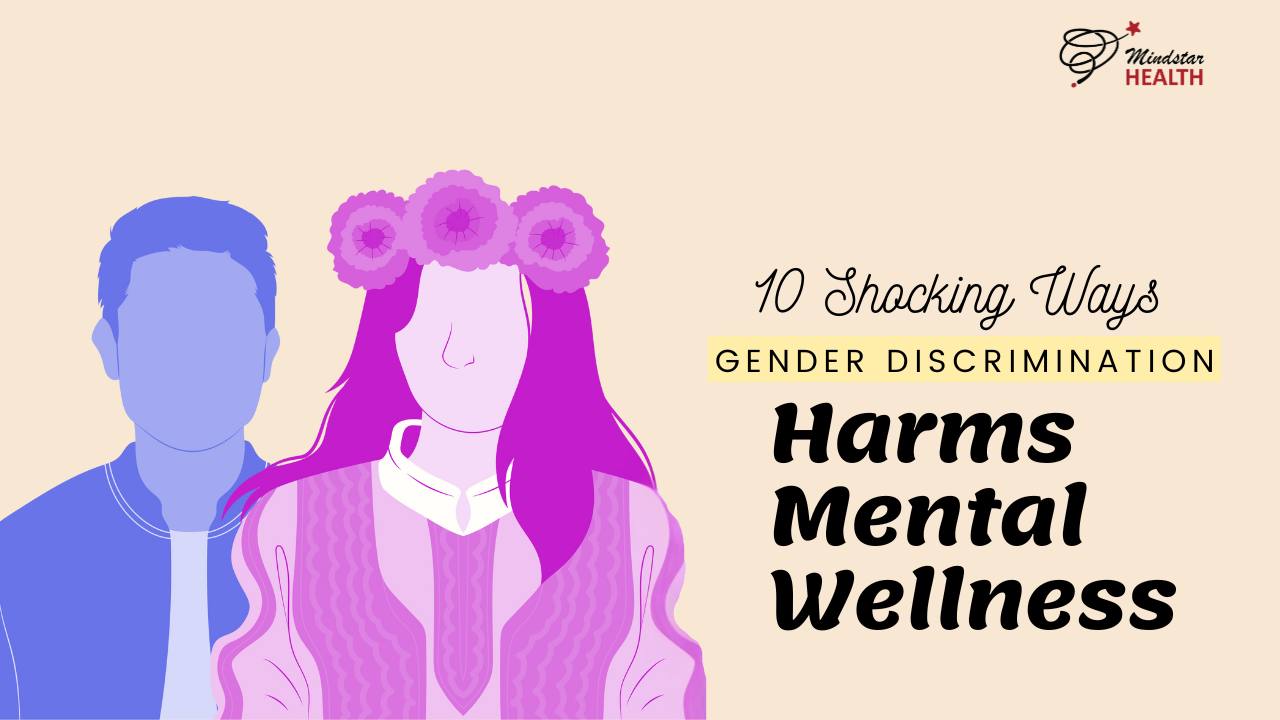


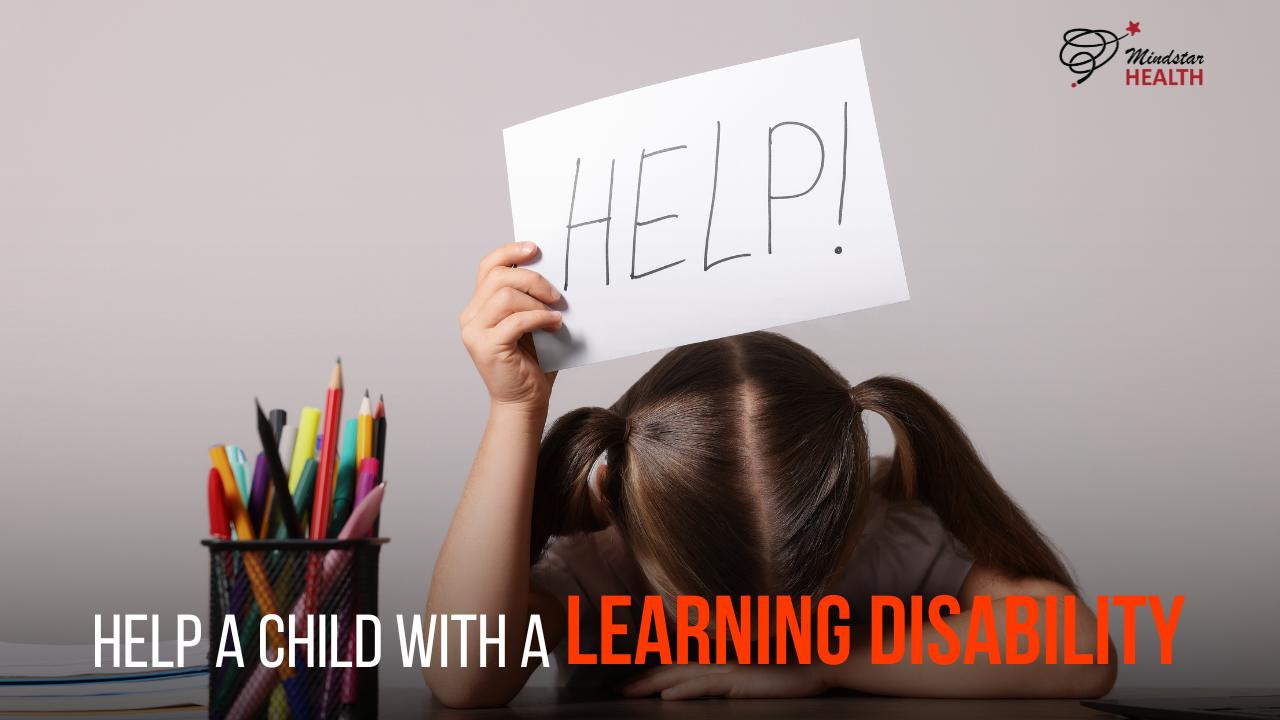
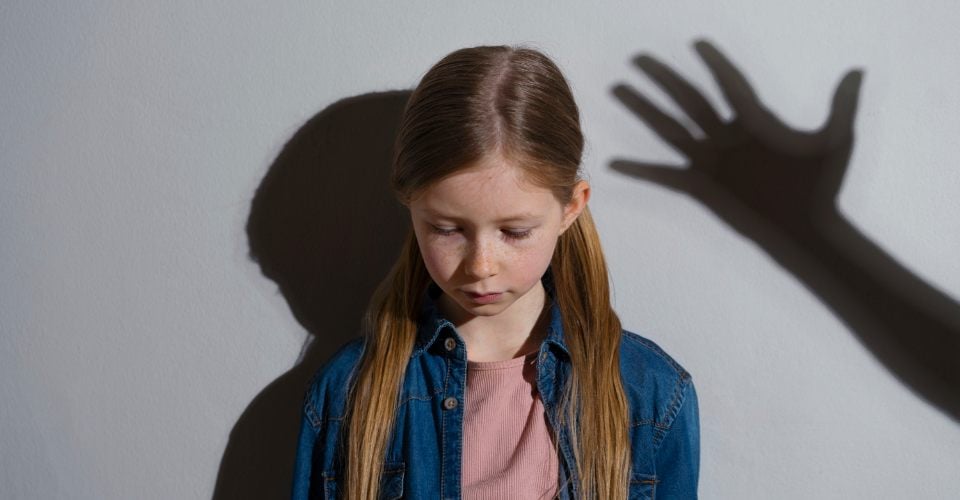
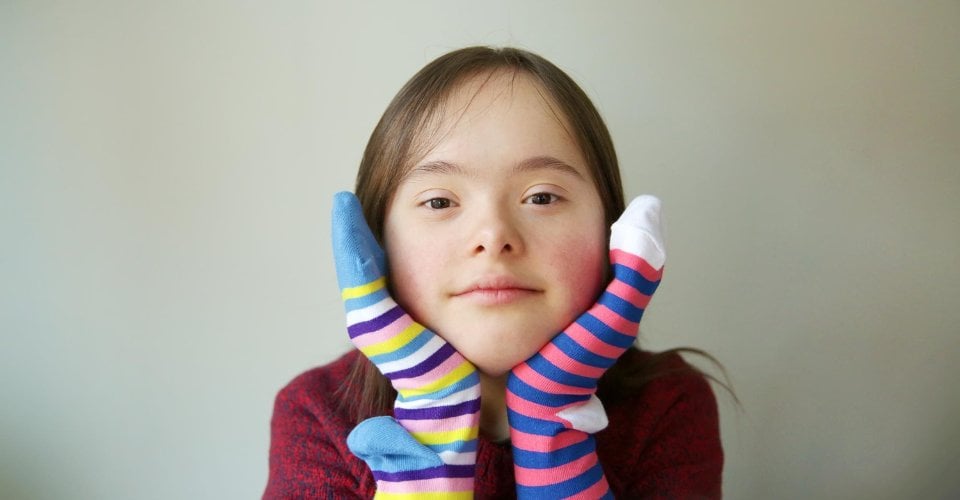




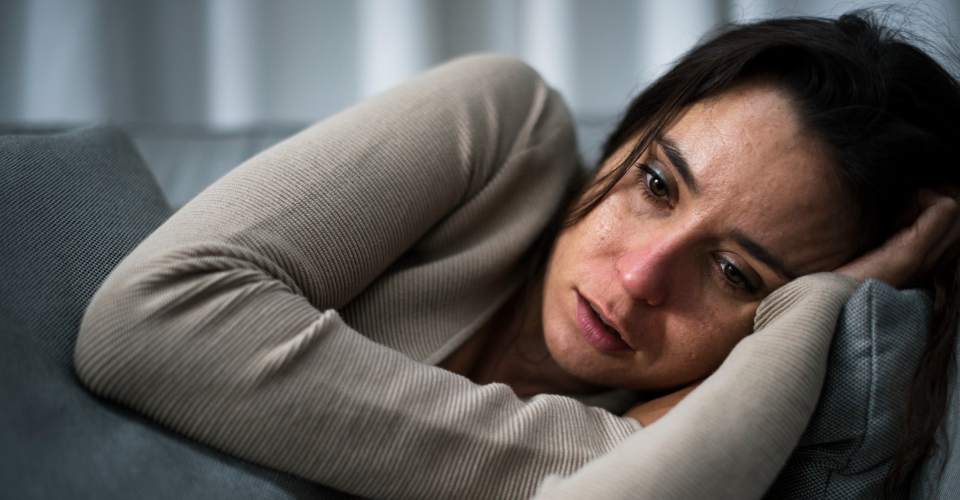

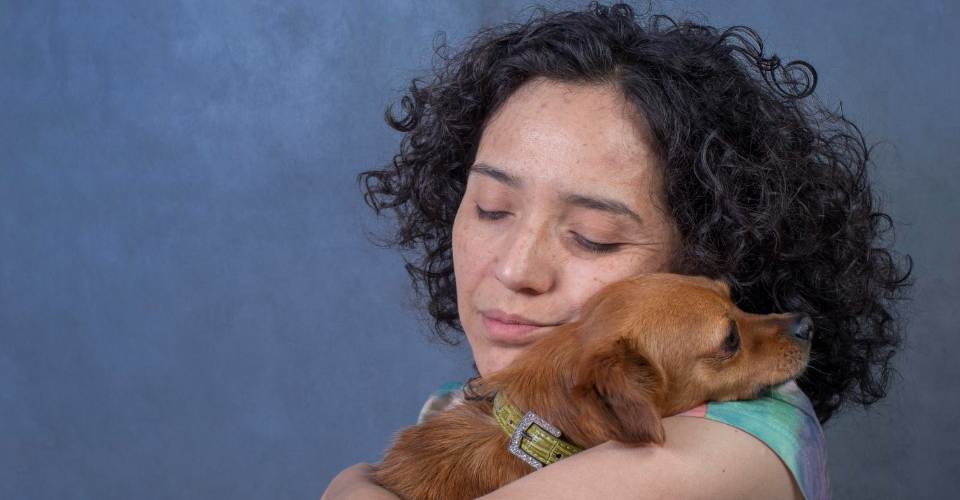


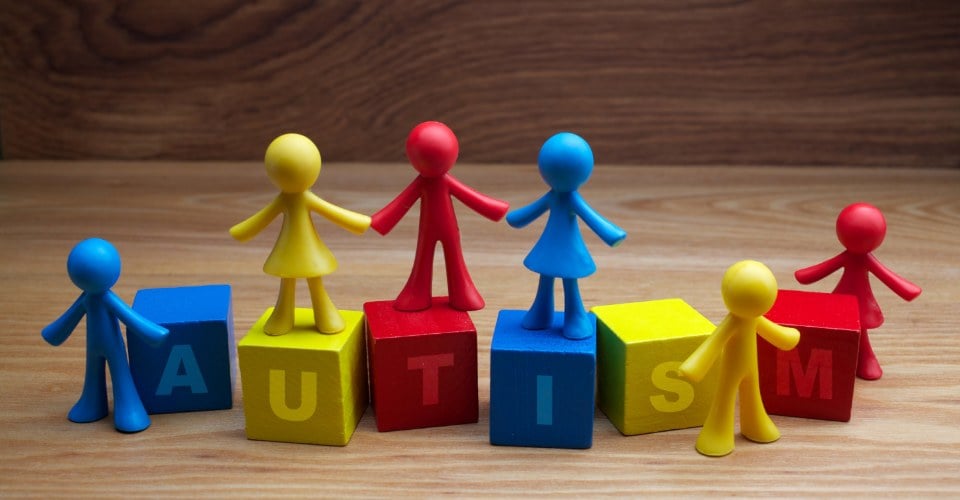
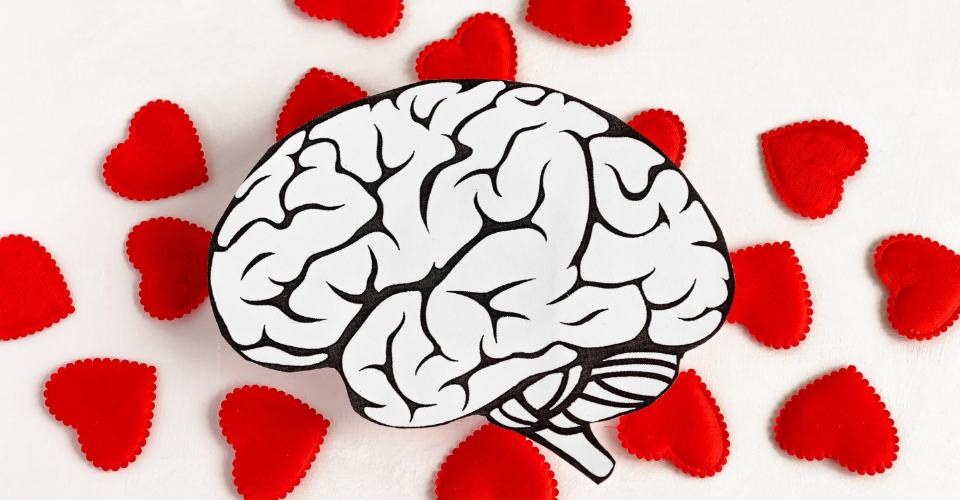
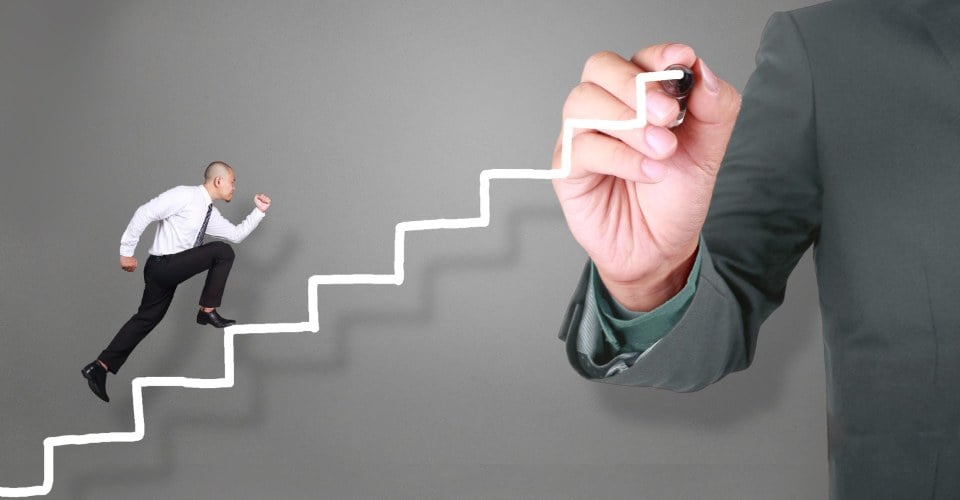
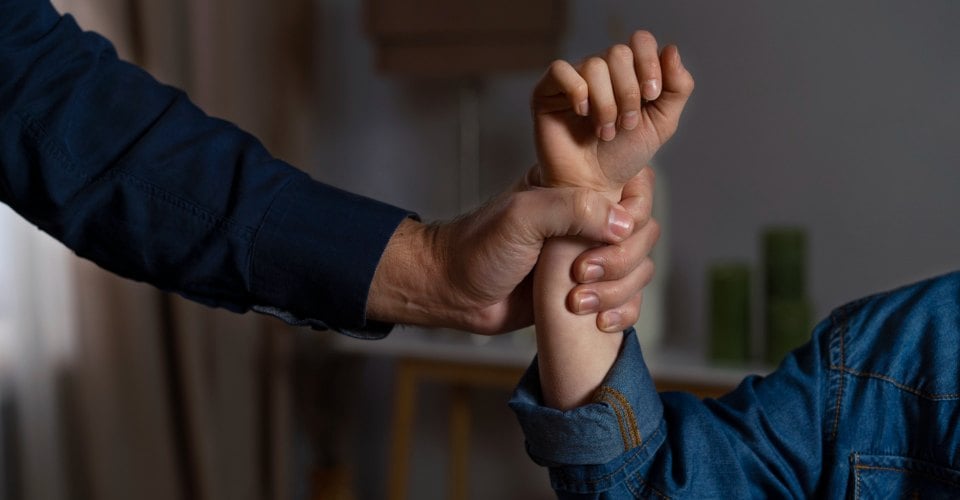

Leave a Reply
You must be logged in to post a comment.